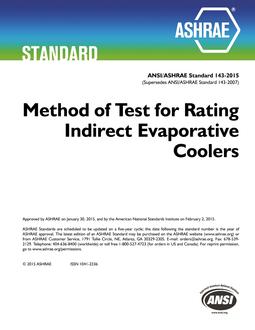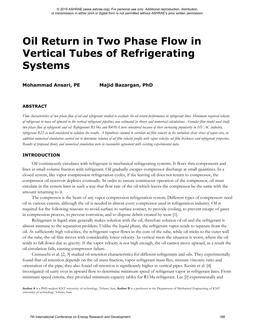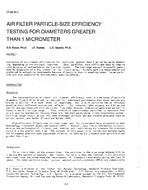Sorption isotherm measurements were carried out for common building materials. The measurements were made by placing small specimens of the materials in pint-size jars above saturated salt-in-water solutions that gave various ambient relative humidities. The jars were kept at constant temperature until the enclosed specimens reached their steady-state equilibrium moisture content. The equilibrium moisture content plotted versus ambient relative humidity at a given temperature gave the sorption isotherm. Separate sorption isotherms were obtained for specimens initially dry (adsorption isotherm) and for specimens initially saturated (desorption isotherm). The materials included sugar pine, southern pine, exterior-grade plywood, waferboard siding, oriented strand board, particleboard, fibreboard sheathing, sturdy-brace fibreboard, kraft paper, foam-core sheathing, plain gypsum board and vinyl-covered gypsum board. The sorption measurements were compared to other measurements reported in the literature. Data from the present work were found to lie below many of the previously reported sorption measurements. However, the bias is small, less than 0.05 kg/kg in all cases where equilibrium moisture contents ranged from 0 to 0.30 kg/kg. The use of desiccant drying in this study versus oven drying in previous studies is examined as a possible explanation.
KEYWORDS: water vapor, sorption properties, buildings, materials, measuring, relative humidity, steady state, moisture, equilibrium, temperature, adsorption, desorption, wood, plywoods, wood particle boards, fibre building boards, gypsum plasterboard, boards, comparing, desiccants
Citation: Symposium Papers, Baltimore, MD, 1992
Product Details
- Published:
- 1992
- File Size:
- 1 file , 1.3 MB
- Product Code(s):
- D-17882


